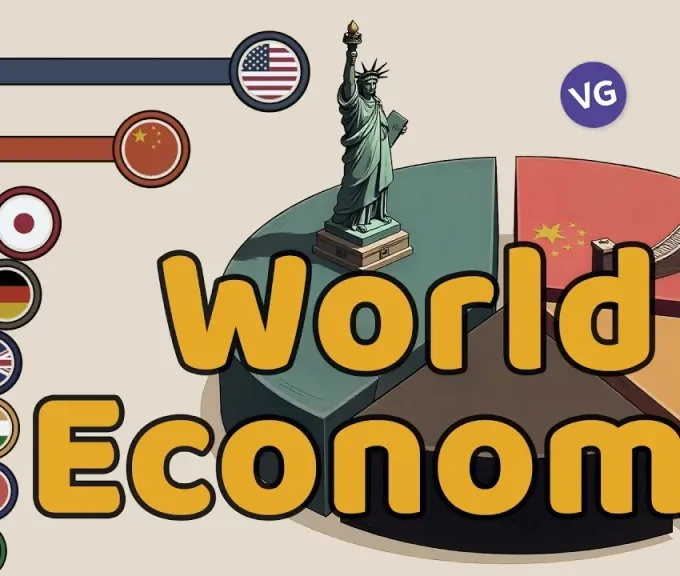CUPERTINO — As CEO of Apple Inc., Tim Cook has navigated a few ruts, including an industry slump and a slowdown in China. But his biggest test yet may be winning the AI race.
He faces formidable competitors in the space, especially Alphabet Inc’s Google and Facebook Inc’s (FB). But he also has one big advantage.
What’s Apple Intelligence?
Apple is late to the AI game, but it’s got a unique twist: generative AI. Apple has dubbed its new AI features “Apple Intelligence,” and they are deeply woven into iOS, iPadOS, macOS, and Xcode to deliver a seamless experience.
Apple’s approach to generative AI is also different from its competitors: it’s focused on local processing of sensitive information, and it’s built into the hardware of newer devices. To do so, the company has developed and partnered with technology from a handful of companies (including OpenAI) to power a suite of unified AI models.
Those models work by pairing the user’s context with data about the environment, time, and other factors to deliver personalized experiences. The models will be available to developers for use in their apps and UIs, too.
Giannandrea said most of the Apple Intelligence features will be processed on-device, but he did mention that some of the heavier lifting — like transcribing text or performing image recognition — may be offloaded to the cloud. When that happens, the phone will encrypt the request with a key tied to the model, ensuring only Apple can see it. And the company promises that it won’t use that data for any other purposes, beyond improving the AI in its own products.
It’s a game of basketball
It’s not just a gimmick. That’s the name of a game—and it shows that Apple wants to keep its competitors at arm’s length on its users’ behalf. That’s especially true in China, where Apple has been stung by TikTok’s popularity. Cook’s reference to the game and the AI-packed updates to iOS are clear signals that Apple will try to keep its rivals’ products at bay while allowing its own users to enjoy them.
For example, one of the changes coming to iPhone’s messaging app will allow users to write a text in advance and have it automatically sent at a future time. It’s a feature that eliminates the stigma that has come to attach to blue bubbles denoting texts sent from iPhones and green bubbles for Android devices, but it’s also an example of a small AI feature that doesn’t require internet connectivity or pinging models to complete.
Moreover, the company’s big bet is that it will eventually be able to deliver most of what consumers want from AI on device—that is, on iPhones and laptops. This will be possible by building small AI models that do a few tasks exceptionally well rather than attempting to do everything. That’s how a smartwatch, camera-equipped earbuds or some sort of AI pin might work: they could see and hear what you’re doing and respond with contextually accurate AI.
It’s a race to the top
Apple has its advantages in the AI race: money, talent and a powerful platform. But it also has a track record of approaching new technologies deliberately, on its own time and only when they’re ready. That strategy can be frustrating to impatient investors who want to jump on the bandwagon of the latest hot tech trend.
This approach also seems to be the one that will make Apple the most successful in the long run. For example, it was Apple that brought a feature called Rich Communications Services to its iMessage app last year, a move that should improve the quality of texting between iPhones and Android devices like Samsung’s Galaxy phones and Google’s Pixels.
The company is also betting that it can eventually cram large models from the likes of OpenAI and Alphabet’s Google into its iPhones, so they can do things that smaller models on their own cannot, such as recognize speech and create images. And the company is betting that it can do this without having to store our sensitive data online or make it vulnerable to hackers.
If it succeeds, this is the real game-changer in the smartphone world. It could let us trust our iPhones to analyze incredibly sensitive data—photos, messages and emails that contain intimate details about our lives—and automatically deliver automated services that are tailored just for each of us, while avoiding any privacy violations.
It’s a race to the bottom
The race to be first in developing AI has arguably already begun. This is a worrying development, because it may mean that adherence to safety standards will become lax and lead to unintended consequences. The recent saga of OpenAI, where Microsoft exerted its power to acquihire the organization, is an example of this.
Apple has a history of being willing to go to great lengths for its principles. Its standoff with the FBI over a terrorist suspect’s iPhone cemented the company’s reputation as a privacy champion. Its refusal to create a backdoor for its servers has made it one of the most trusted tech companies in the world.
In his presentation, Cook emphasized that Apple’s AI would be powerful, intuitive, integrated, personalized, and private. He also emphasized that the company will continue to invest in AI at its own pace, rather than chase competitors.
While many investors might be tempted to jump on the bandwagon of AI as a lucrative market, it is important that companies do so responsibly. The emergence of an AI arms race, where those with the most money make the rules, could have dangerous consequences for humanity. The resulting concentration of intelligence, data, and actors poses real security risks and raises the possibility of systemic failures that could undermine the global financial order.

















Leave a comment